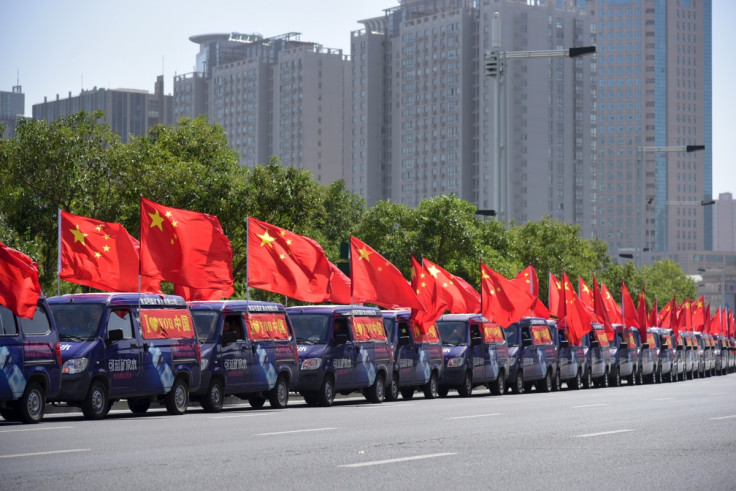China: Top official calls for boost in infrastructure investment to push growth

China's faltering economic growth can be reversed by pumping in more investment in infrastructure development, a top Chinese state adviser has said. He also urged the country's central bank to increase overall credit facilities to companies apart from lowering financing costs.
Yu Bin, head of the micro economy research department at the State Council's Development Research Centre, stressed on the need for speeding up the setting up of the planned 172 hydropower projects. He said 53 million hectares of high-standard agricultural land must be developed and investment in rural roads given a boost.
He asked the central bank to be alert to macro-economic adjustments while maintaining a prudent monetary policy. "Given the short-term rising downward pressure, it does not benefit China's structural adjustment if economic growth is too slow or too fast."
Bin also opined that China should encourage companies to merge, restructure and allow bankruptcies to solve the problem of over-capacity by implementing fiscal, taxation and financial policies. Yu's comments came a day after Premier Li Keqiang said global economic recovery was losing steam and attaining a domestic growth of about 7% was "not easy". The Chinese government is due to release its third-quarter GDP figures.
Many economists also forecast that China's July-September economic growth will fall below 7%, the first time the Chinese economy is clocking such a low growth rate since the global financial crisis. To give a fillip to the economy, experts see the central bank cutting interest rates as well as the reserve requirement ratio by year-end. China has cut benchmark interest rates five times since November apart from lowering the reserve requirement ratio for lenders.
The Chinese government has already taken various steps to boost growth, such as attracting private financing through the increased use of public-private partnerships (PPP), especially in the construction sector. About 206 proposed PPP projects worth about CN¥ 659bn (£67.2bn, €91.4bn, $103.8bn), including an expressway in Beijing were lined up in September by the ministry of finance. It also launched a CN¥180bn fund with China's biggest banks and financial institutions to invest in PPP projects.
Allaying fears over China's growth, HSBC chief executive officer Stuart Gulliver told a conference recently that the GDP would rise to about 7% in 2015 in line with the target set by the Chinese government.
© Copyright IBTimes 2025. All rights reserved.





















